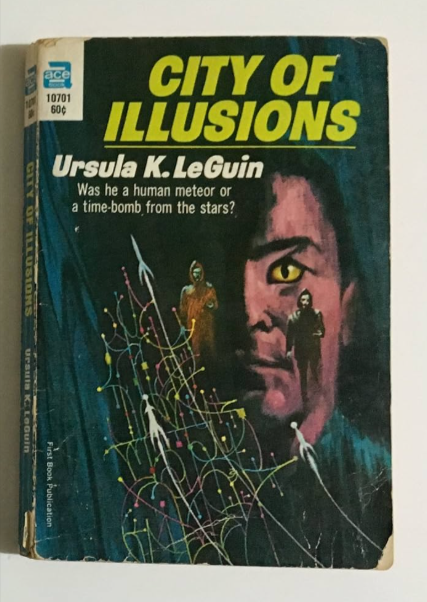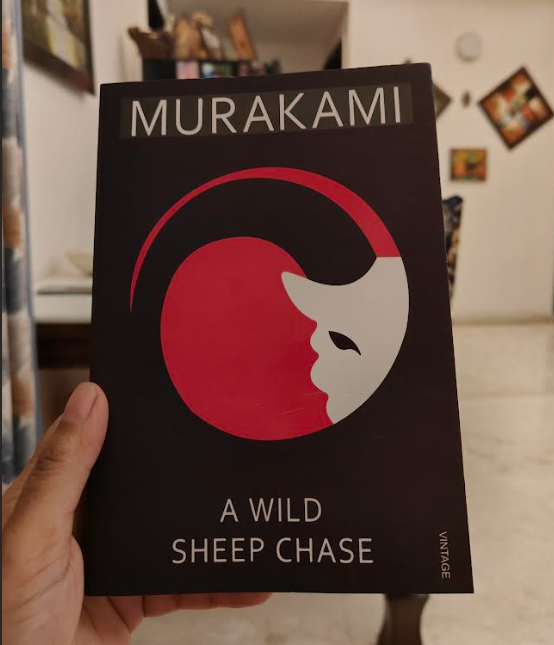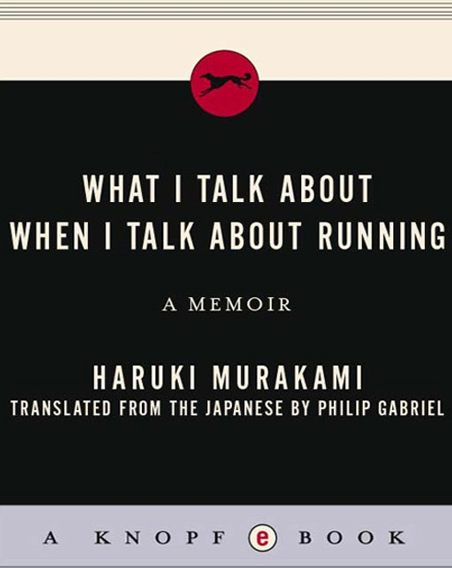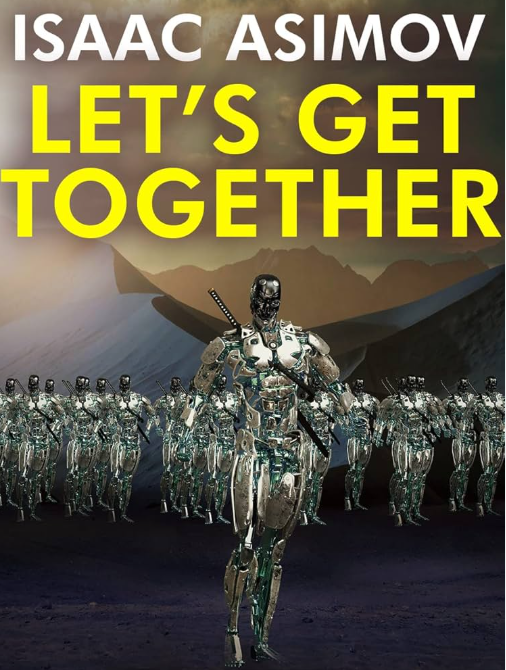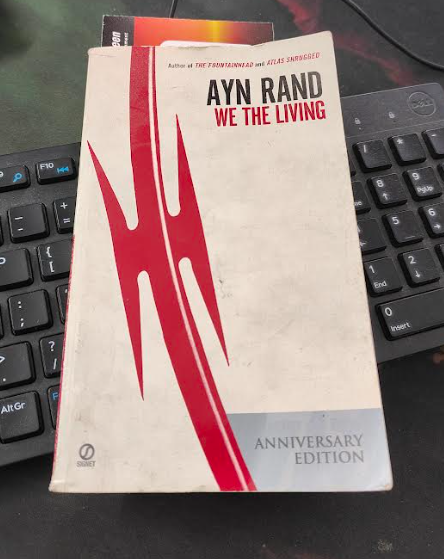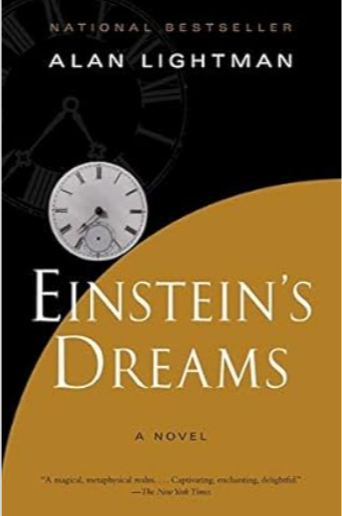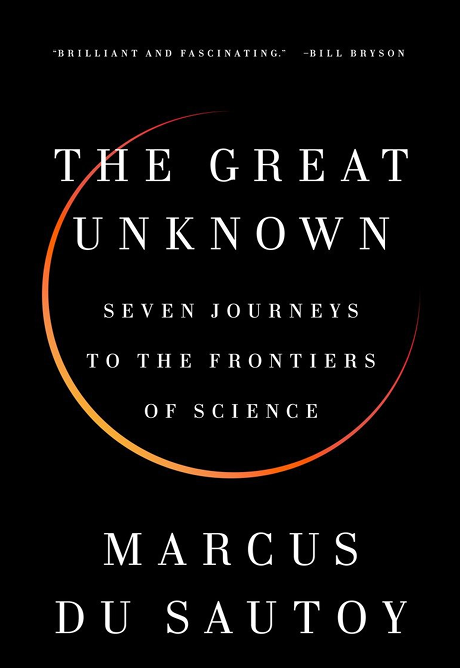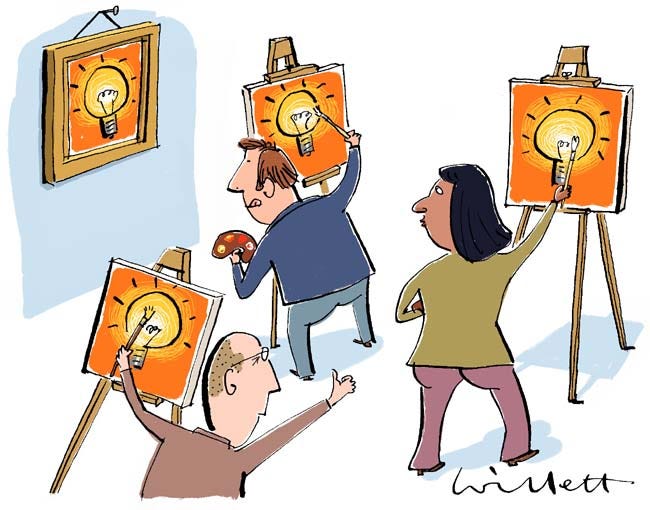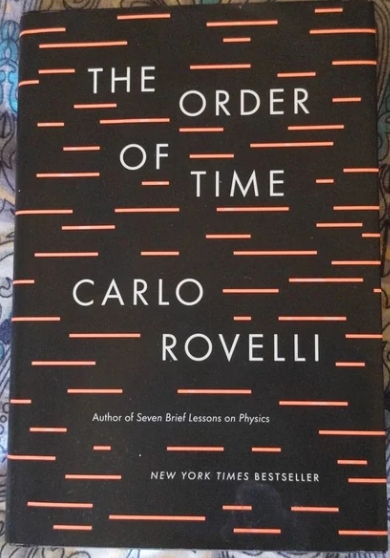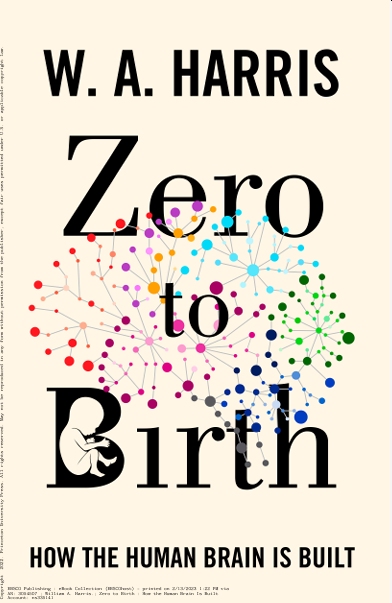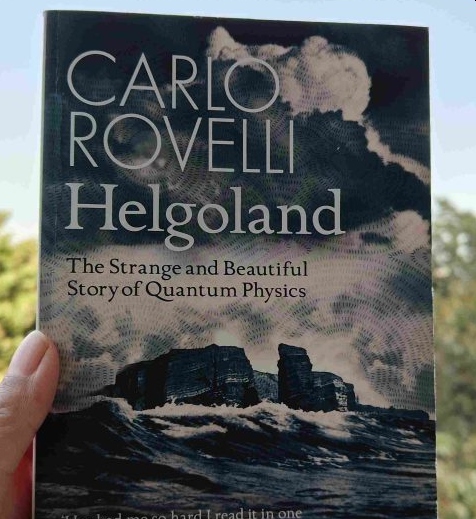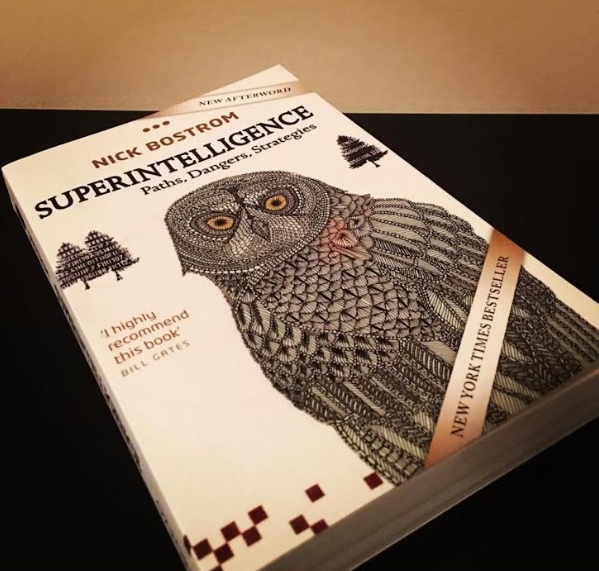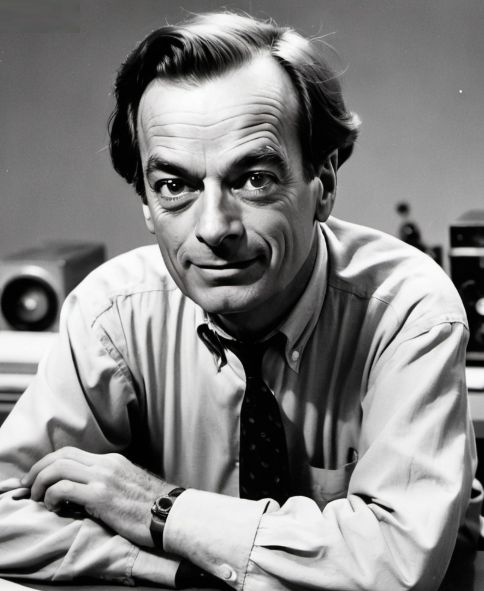I just finished City of Illusions, and it’s one of those books that quietly works its way under your skin. It’s the third in Le Guin’s Ekumen series, but you can read it on its own too, as a standalone novel. It was first published in 1967.
Read MoreCategory: Thinking Turf
Book Review: A Wild Sheep Chase by Haruki Murakami
Have you ever felt like you’re dreaming with open eyes? If not, read A Wild Sheep Chase by Haruki Murakami. Last year, when I first read Kafka on the Shore, I remember closing the book and staring into nothing for a full minute. It was the kind of book that makes silence hum with meaning. Today, after finishing A Wild Sheep Chase, I felt that same humming.
Read MoreWhat Began as a Review of Murakami’s Running Memoir Became a Personal Meditation on Resilience and Movement
What would the writings of Murakami be if not fiction? That question caught my attention, kind of like a loose thread dangling from an old, comfy sweater. I kept thinking about it over and over. Because if you really sit with Murakami’s novels, Kafka on The Shore, The City and Its Uncertain Walls, Norwegian Wood, A Wild Sheep Chase (currently reading) to name a few, then you’re aware of how important cats, well, metaphysical side doors, rivers, clouds, flash-backs, memories, blurring effect of reality and dreams, music, solitude are these.…
Read MoreBook Review: Let’s Get Together by Isaac Asimov
I usually have three to four books on the go at any given time. There’s a rhythm to it, a kind of balance. Typically, it’s one work of literature, one non-fiction, something light for the in-between moments, and always, always a science fiction novella. This time, I picked up Let’s Get Together by Isaac Asimov, first published in 1957. I’m a huge, huge, and huge fan of Asimov’s works.
Read MoreThe Anatomy of Resistance: We The Living, Revisited
I have this inherent pull towards classic literature that I try to read at least one classic every three months, else, something is missing in life. There’s something about them that I still can’t explain, the time-worn pages, the echo of old thoughts, the slow paced plotlines, and at times, the characters are also slow in terms of how they operate in their respective worlds. Every revisit feels like a reunion with long-lost companions. I find myself re-acquainted with characters with a feeling that we might have when we meet…
Read MoreBook Review: Einstein’s Dreams by Alan Lightman
What if time wasn’t just a constant, straight line moving forward, but a strange and flexible thing that can bend and change in ways we never expected? This is what Alan Lightman offers in his 1993 novel Einstein’s Dreams. I love books that make me see the world, and ourselves, in a new way, and this novel has always been one of my favorites. It’s a small book packed with big ideas, and filled with creative worlds that stay in mind even after the pages of the book have run…
Read MoreBook Review: Your Brain Is a Time Machine by Dean Buonomano
If you’ve ever wondered why time flies during vacations but crawls during awkward silences or like me if you often engage in thought experiments related to time, then you’ll surely like Dean Buonomano’s Your Brain Is a Time Machine, first published in 2017.
Read MoreBook Review: The Great Unknown by Marcus du Sautoy
Have you ever felt that curious while looking up at the night sky? The idea that we are so puny in the vastness of space doesn’t make you wonder sometimes about the mysteries that lie beyond our understanding? That’s exactly the idea Marcus du Sautoy explores in The Great Unknown: Seven Journeys to the Frontiers of Science, first published in 2016. He has tried to explore the limits of human knowledge. And somehow, it’s both humbling and electrifying, which makes the book so fascinating to read.
Read MoreLearning Together and Alone: How We Dynamically Adjust Our Strategies
Have you ever found yourself trying to solve a problem on your own, sticking with your gut and your own trial-and-error? But then there are times when you just can’t figure it out and end up watching what others are doing, hoping to pick up some clues? That back-and-forth between figuring things out solo and learning from others is what this study really dives into. It looks at how people balance learning on their own versus copying others depending on how well they’re doing.
Read MoreBook Review: The Order of Time by Carlo Rovelli
I picked up The Order of Time because I figured, a 158-page book might talk about time in terms of cause and effect, the default way we tend to understand it. You know, things happen, one after another, and we measure that with clocks. But nope. Rovelli has something else in mind.
Read MoreBook Review: Zero to Birth by William A Harris
If you’re even a little bit curious about how a brain builds itself before we’re born, Zero to Birth: How The Human Brain Is Built is a book you’ll want to spend time with. It was first published in 2022 and is written by neuroscientist William A. Harris. What makes it so compelling is how clearly it lays out the stages of brain development without dumbing things down.
Read MoreBook Review: Helgoland by Carlo Rovelli
As travel was on the cards, I decided to pick up a book that’s rich with storytelling, conversational and intriguing, without being a 500-page commitment. Helgoland (170 pages) felt like the perfect choice. I had started it two weeks ago but never found the time to finish it. It was first published in 2020. There’s something about reading while traveling that makes the experience even better. It’s like hanging out with a favorite author…and the best part? They never judge you for rereading the same sentence five times. (lol)
Read MoreBook Review: Superintelligence by Nick Bostrom
While I was researching into the existential risk from artificial intelligence, I found “Superintelligence: Paths, Dangers, Strategies” by Nick Bostrom, who is a philosopher and researcher in AI. The book came out in 2014. Since it focuses on the potential dangers of artificial intelligence, I decided to grab it and start reading right away. More or less I enjoyed going through it as it explores the challenges presented by the prospect of AI exceeding human cognitive abilities, (though, to be honest, if chatbots get any smarter, I might have to…
Read MoreBook Review: The City and Its Uncertain Walls by Haruki Murakami
In this book, Haruki Murakami takes his readers to a journey where they may experience a thin line between forgotten memories and existential musings. The City and Its Uncertain Walls was first released in April 2023 but it was all set for English reading audience in November 2024. The book is built on a short story written by the author himself in 1980s.
Read MorePlenty of Room at the Bottom: Thinking Small, Dreaming Big
This document is a written version of a speech given by Richard P. Feynman in 1959, huge shout out to Michigan State University for putting this over internet. Feynman talked about the exciting potential of working with tiny things. He believed that there is a lot we can discover in this area, even though it isn’t directly about basic physics. He was sure that looking into this area could help us grasp difficult subjects more easily and could have many useful applications. Below are some of the ideas covered by…
Read More
